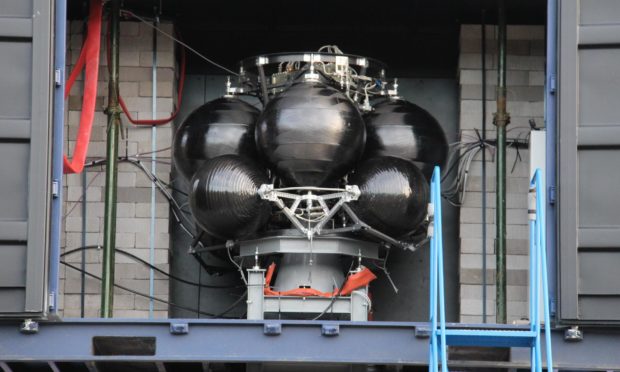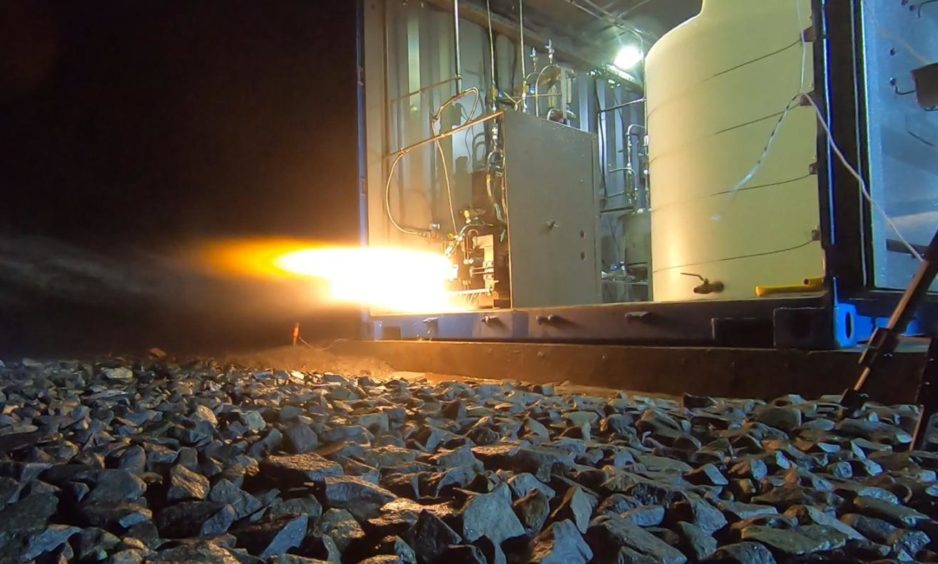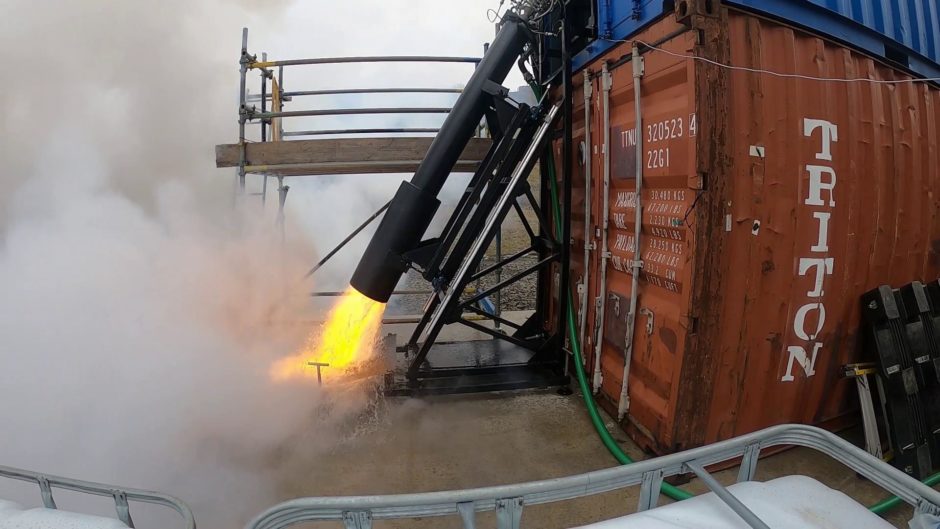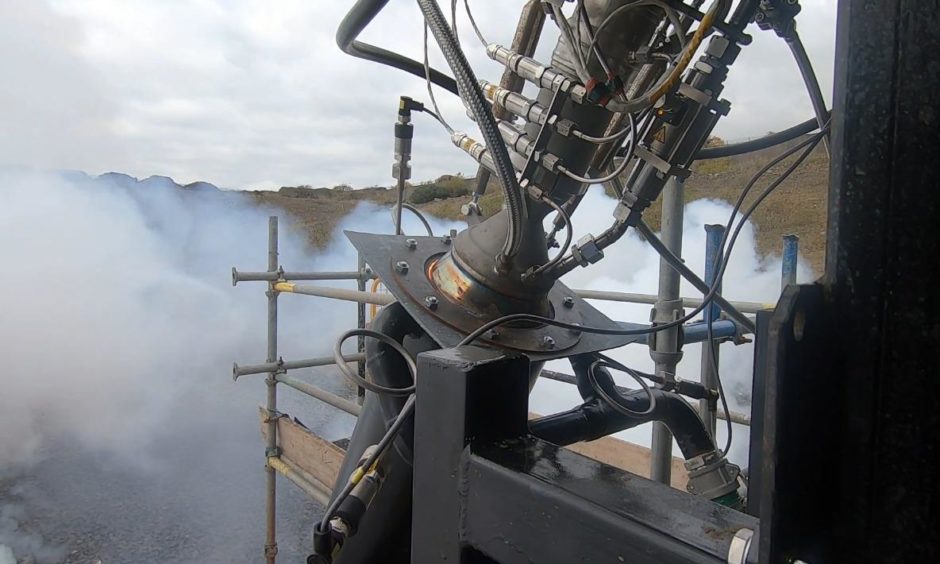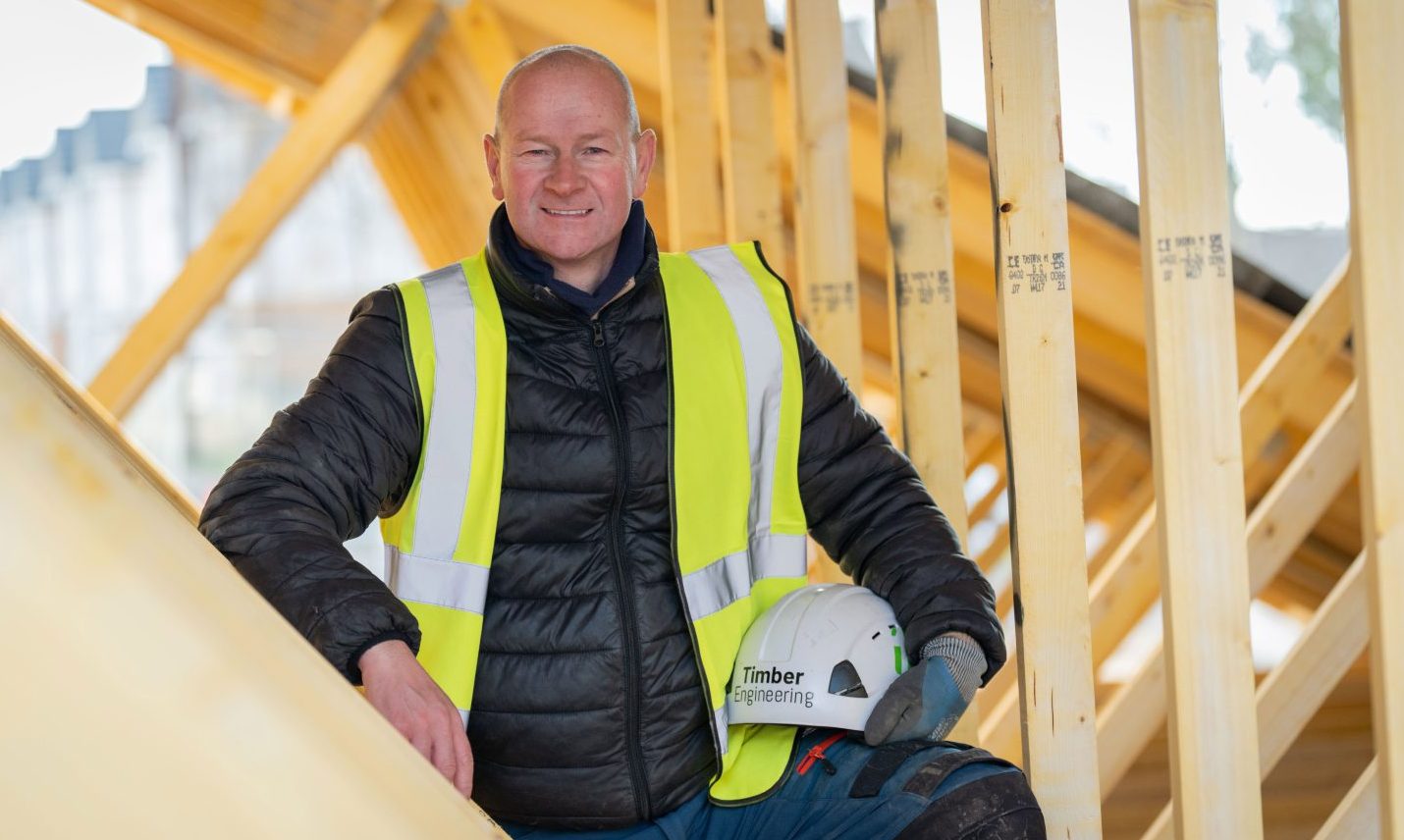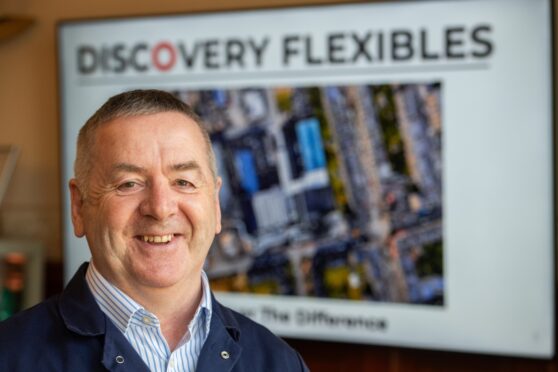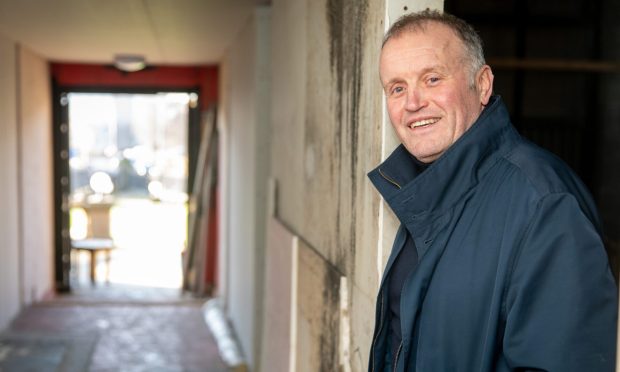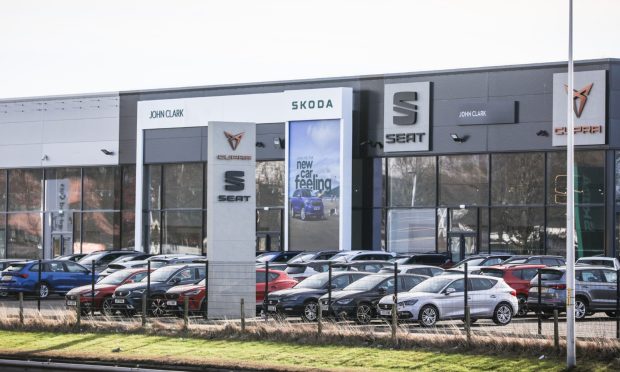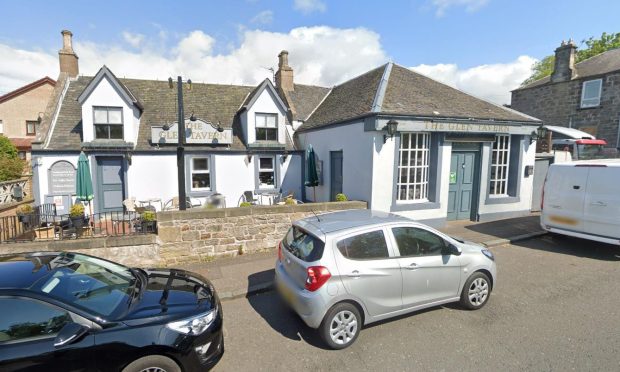A Fife facility is at the forefront of efforts to tackle space junk.
Rocket development company Skyrora has hailed successful trials of a ‘space tug’ at its Roysth facility.
It believes its Orbit Transfer Vehicle – part of its Skyrora XL rocket due to launch in 2023 – could clear debris, reposition satellites and remove defunct satellites from orbit.
Sustainability in space
In the week that the UK and UN signed a historical agreement on space sustainability, the Edinburgh-headquartered firm has thrown its support behind the initiative.
The directive agrees a new approach to sustainability in space, as well as equipping authorities with the power to act against firms responsible for creating space junk.
Skyrora said its space tug is one of many initiatives that could help the UK Government meet sustainability goals under the new directive.
A nation that innovates
Chief executive Volodymyr Levykin said: “Our goal was always to be mission-ready once all the regulations and permissions were in place, and this development (the directive) not only brings us closer to that point but also takes us beyond simply launch readiness.
“It’s important to show that even in these challenging times we are still a nation that continues to innovate and take the lead in some of our most lofty ambitions.
“We aim not only to conduct efficient launches from UK soil in the most environmentally-friendly way, but ensure that each single launch mission has the possibility of conducting the level of work that would have historically taken multiple launches.
“With this approach we enter a whole new level of efficiency, with full consideration of environmental impact taken into account.
“We are delighted that members are discussing these matters in Parliament imminently on Thursday and expect due attention to be given and further action to be taken to adapt the regulations to reflect the UK’s commitment to sustainability.”
Testing in Fife
Skyrora has successfully trialled its “reignitable” rocket engine, or space tug, capable of manoeuvring once in orbit in Rosyth.
The test – at its engine development facility in Fife – involved a full mission duration static fire test of the upper stage of its orbital-class vehicle, Skyrora XL.
It is now believed this provides for a full mission-ready Orbital Transfer Vehicle that can perform a number of in-space missions.
There are around 34,000 objects above 10cm in size in Earth’s orbit that would be considered space junk – 3,000 of which are redundant satellites.
Moving at around 10km/s, these objects could produce debilitating damage to operational satellites or even the International Space Station.
The likes of OneWeb and SpaceX planning on sending thousands of satellites up.
As those numbers grow, so does the demand for a vehicle that can make multiple stops and functions in space without the need for multiple launches.
Rapid progress for rocket firm
Skyrora announced it had set up its Roysth base in July.
It expects to create 170 jobs with the engine test facility over the next decade.
It successfully conducted Scotland’s first commercial rocket launch by a private company two years ago.
Last January, the company achieved the first ever eco liquid-fuel rocket engine ground tests take place using their own Ecosene fuel derived from unrecyclable waste plastics that would otherwise be disposed of in landfill.
The fuel itself emits around 45% less greenhouse gases and is particularly suited to cope in the Scottish weather.
Mr Levykin added: “We have found a way to not only sustain our operations in orbit, but also clean up the way on how we get there.”
